12.-14. June 2025
This workshop explores the various ways ancient authors expressed the idea of divine involvement in the course of history. By adopting an interdisciplinary and cross-cultural approach, the workshop will examine religious and philosophical traditions across different historical contexts, including Jewish, Christian, and Graeco-Roman literature, with a particular focus on their shared Mediterranean cultural milieu.
The discussion will delve into how language shapes our understanding of the intersection between divine action and historical events. This exploration is not limited to a linguistic analysis; it also invites reflection on broader philosophical, theological, and interpretative frameworks that underlie ancient authors’ portrayals of divine agency.
Key questions to be explored include:
- What terms or expressions were used to describe divine action in history?
- Is history driven by fate, predetermined processes, or personal divine intervention?
- How do different cultural or religious traditions conceptualize divine influence in shaping historical events?
Through this inquiry, the workshop aims to provide a deeper understanding of the rich interplay between language, theology, and philosophy, offering fresh insights into how ancient texts and traditions conceptualized divine involvement in human affairs.
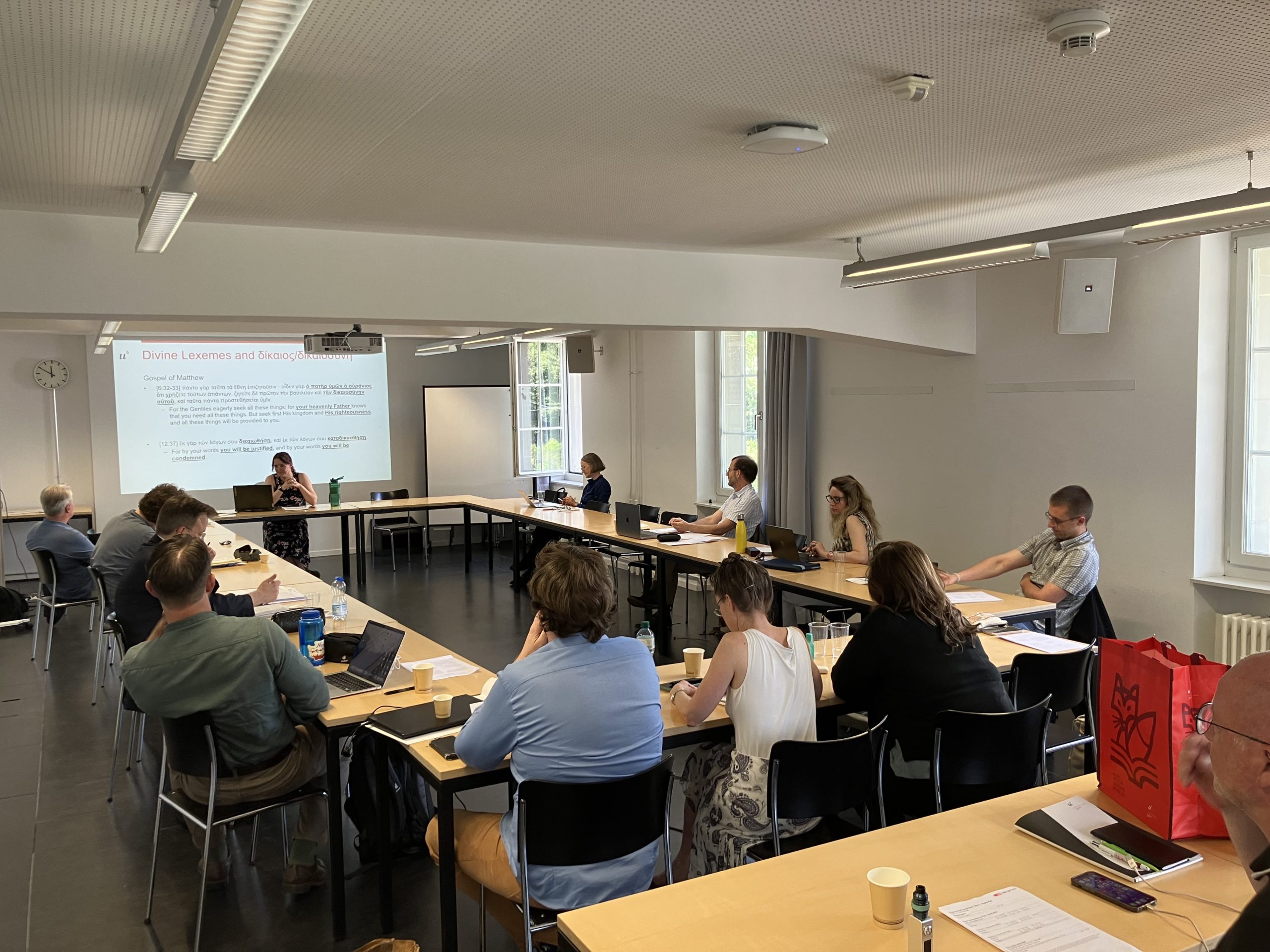
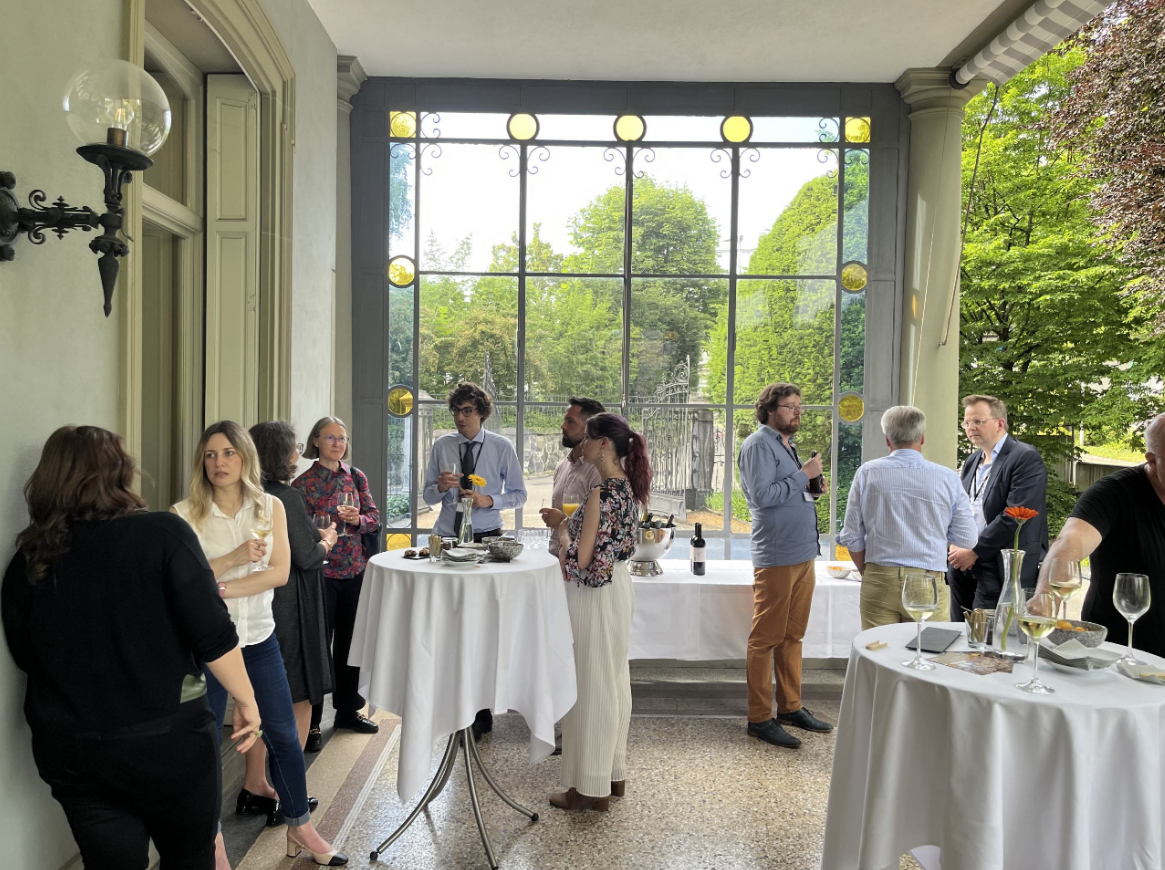
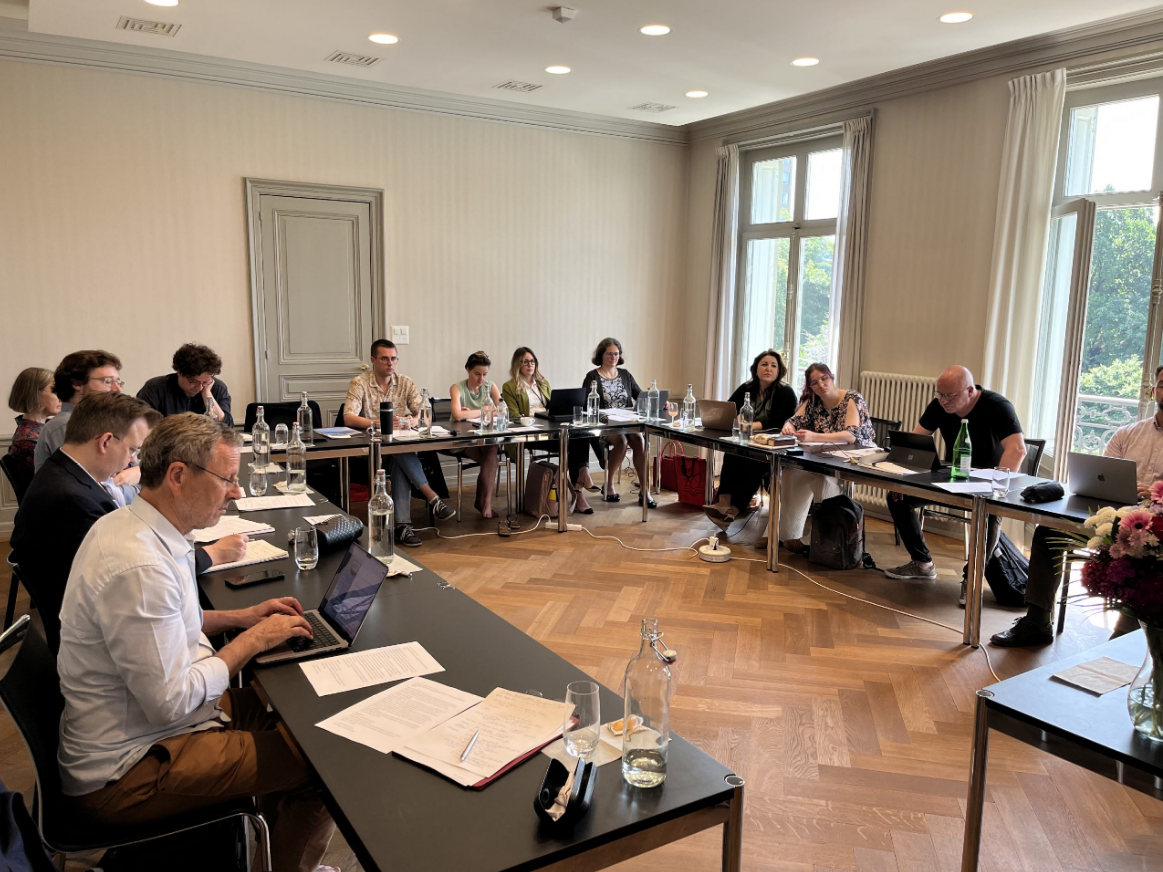
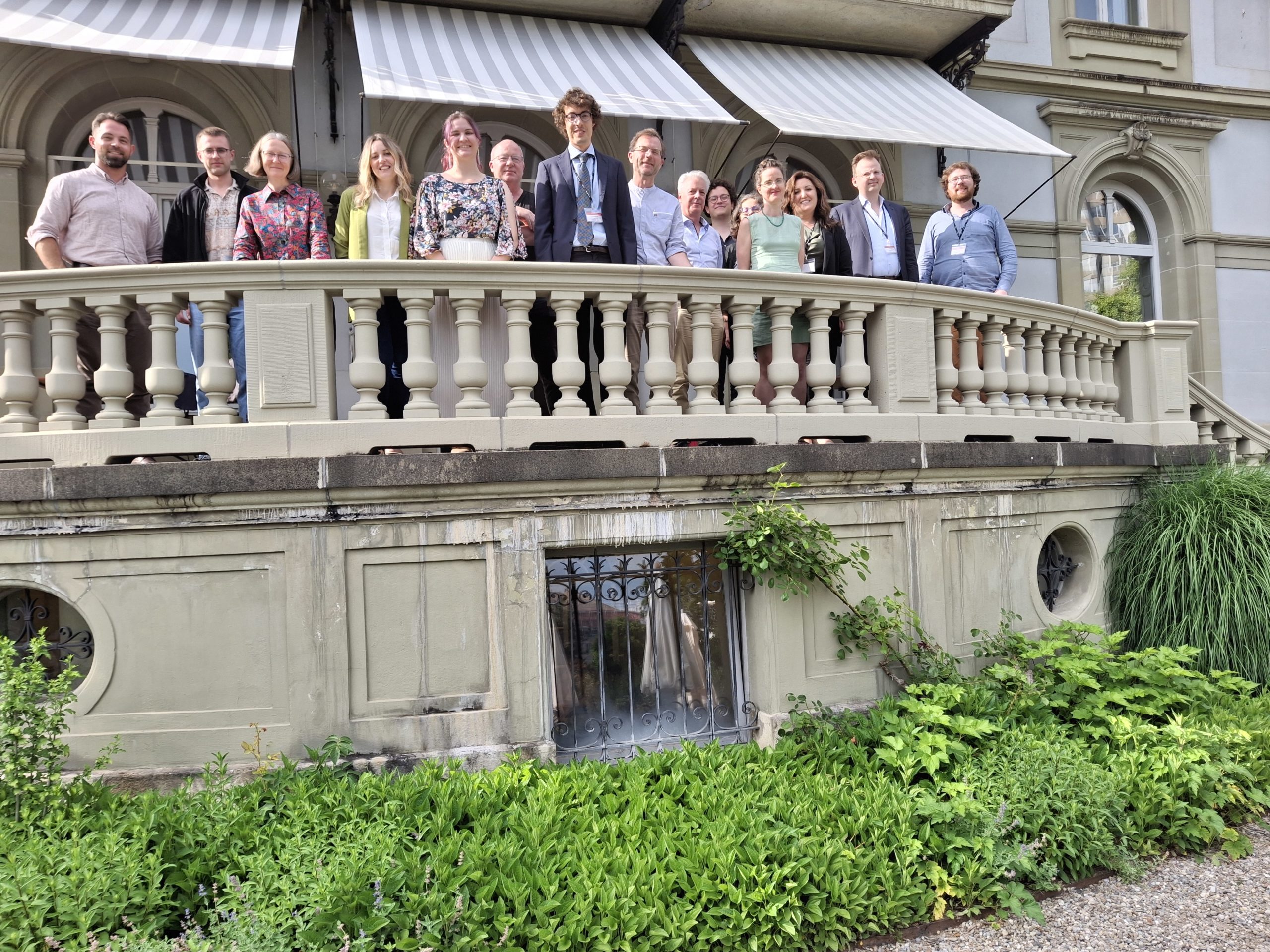
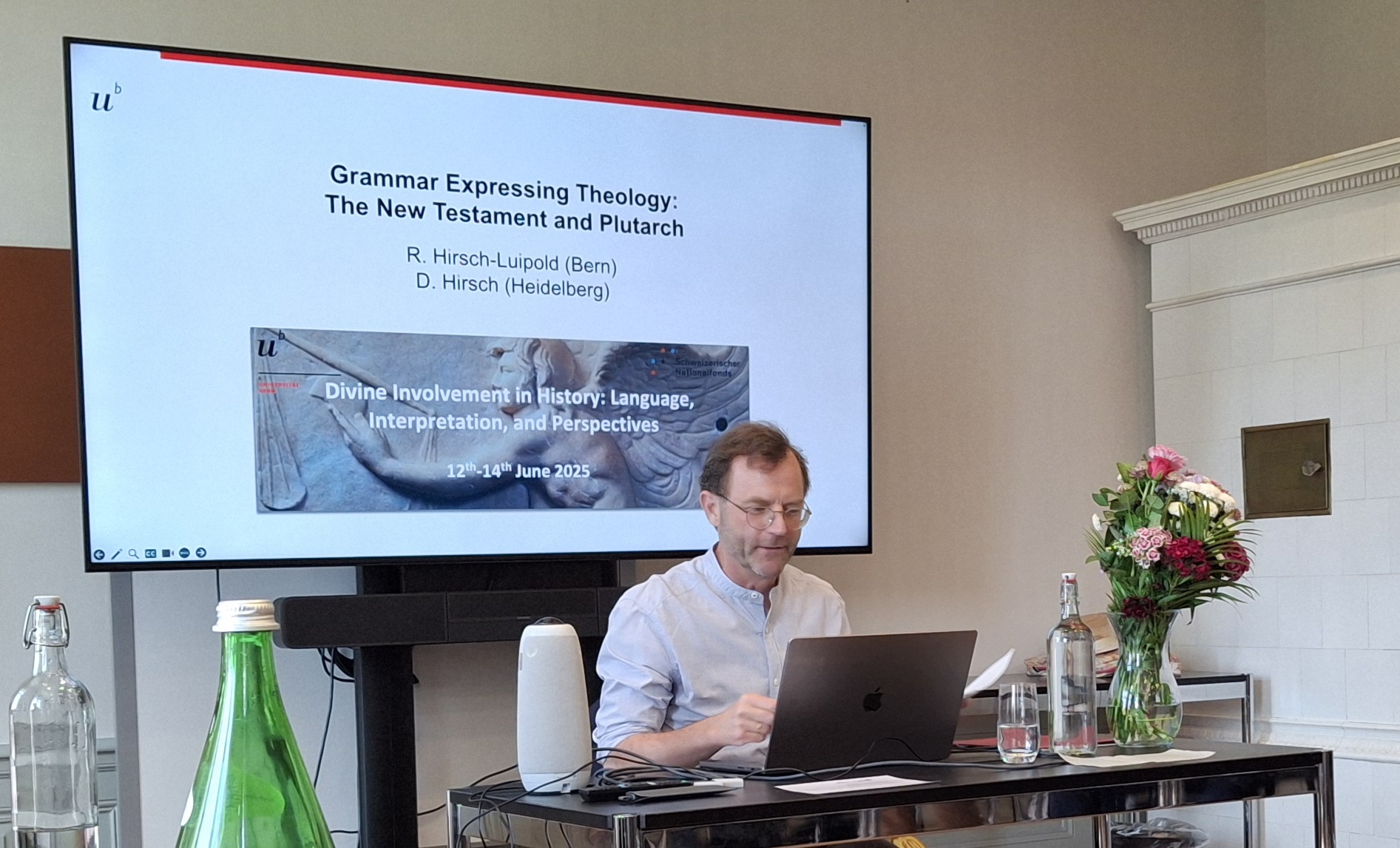
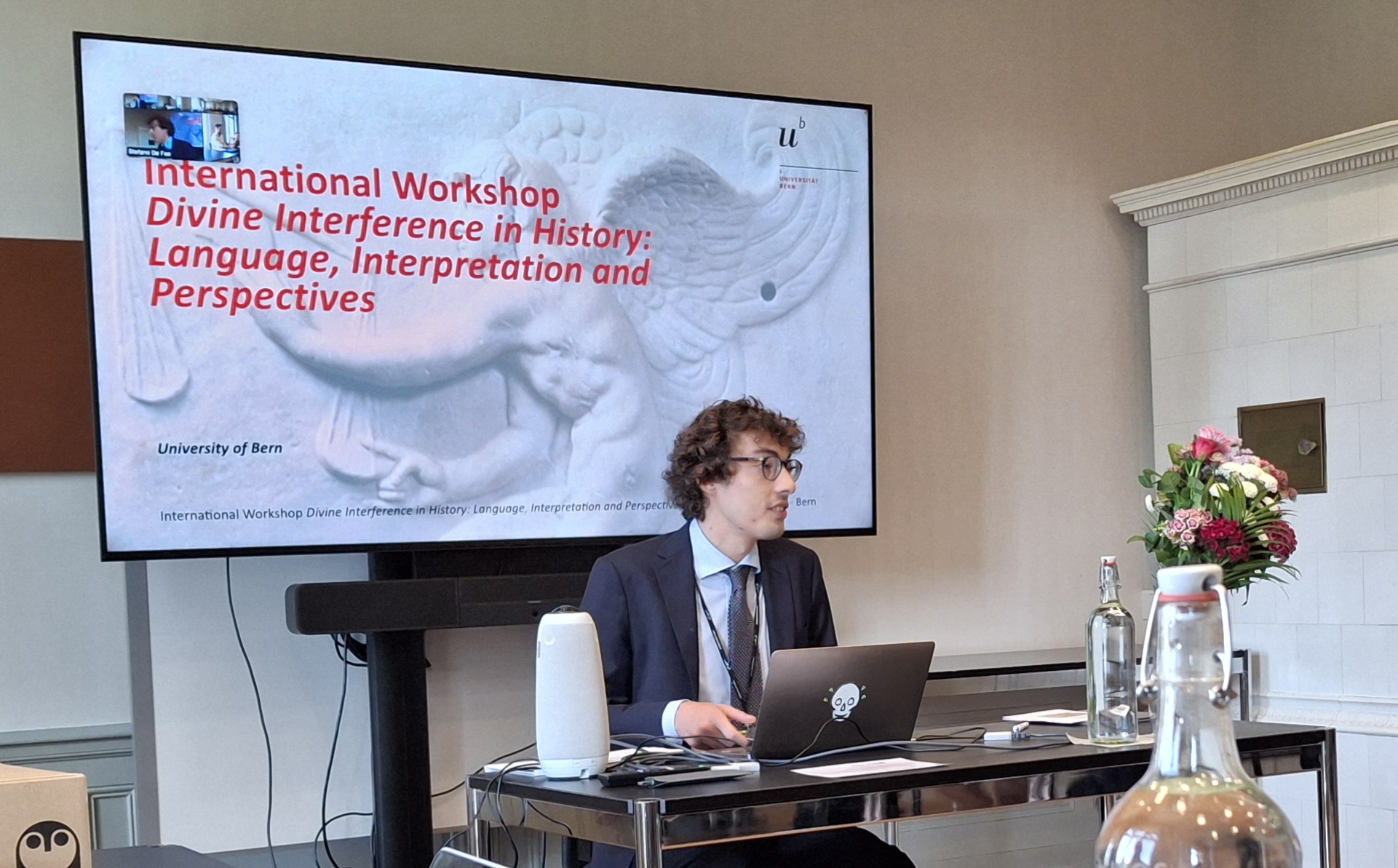
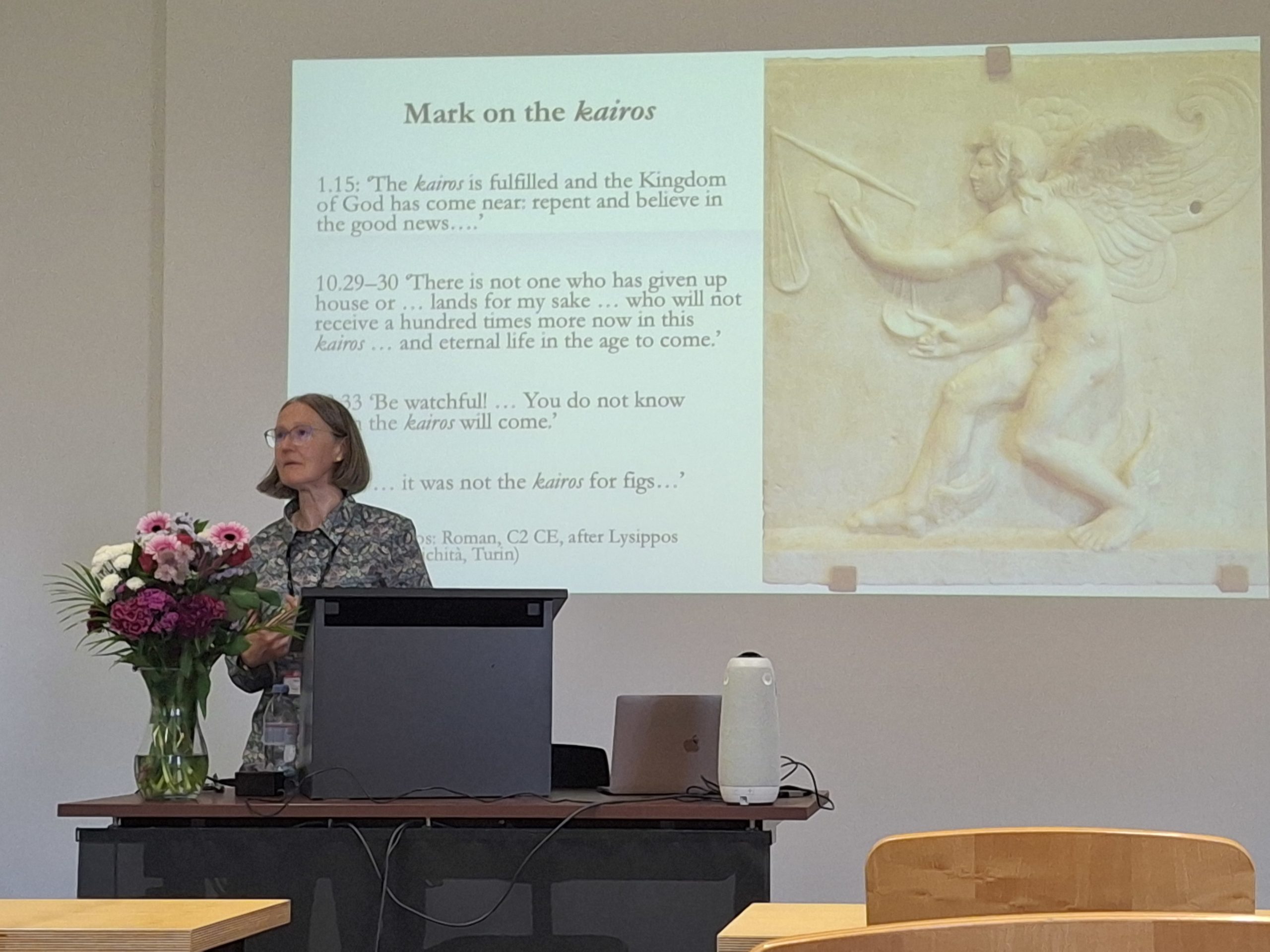
© Beitragsbild: Kairos di Torino, Wikimedia Commons//Grigur
Bild Hauptgebäude Universität Bern: Wikimedia Commons/marcel.photo, bearbeitet.
